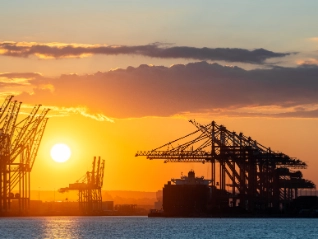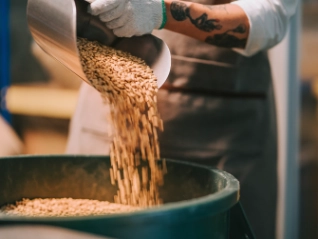Atradius Atrium
Få adgang til vores onlinesystem, som samler alle jeres daglige værktøjer i ét system.
 Danmark
Danmark







Visning 7 ud af 54
Amid a fragmented global landscape, the EU and India are pursuing different strategies to build economic...


Discover how the global economy is navigating trade tensions and uncertainty, with AI investment driving resilience and shaping growth prospects for 2026...

Industry growth slows as global trade applies the brakes

Can South Africa's GNU party overcome tensions and structural challenges to unlock GDP growth?

US tariffs, geopolitics and lower demand trigger a contraction of global automotive production in 2026


Pharmaceuticals businesses throughout the world are reviewing their operational and...
Visning 7 ud af 207